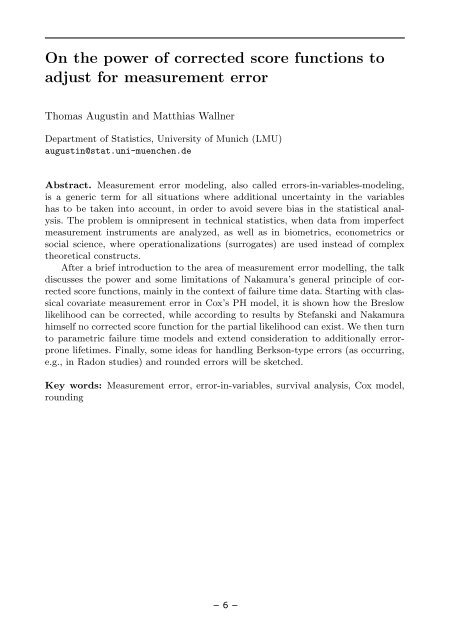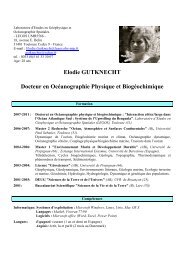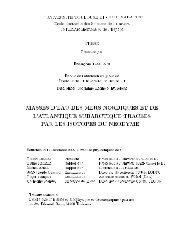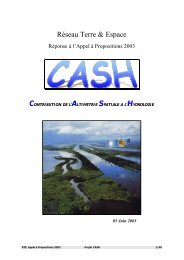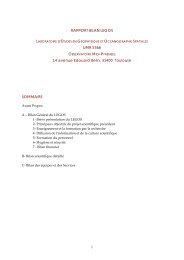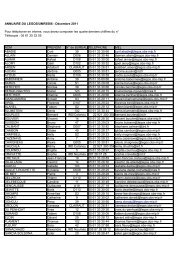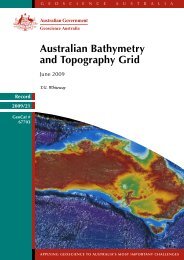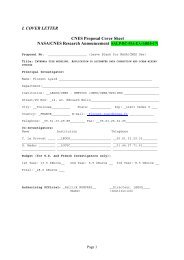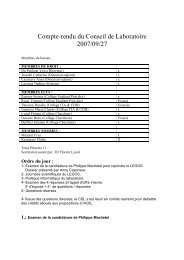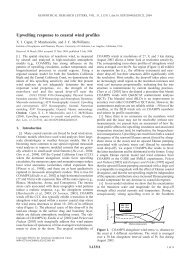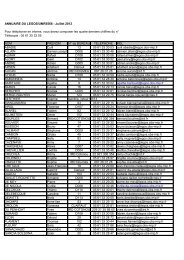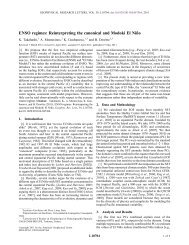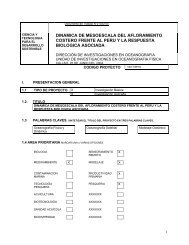GfKl 2008 - Legos
GfKl 2008 - Legos
GfKl 2008 - Legos
Create successful ePaper yourself
Turn your PDF publications into a flip-book with our unique Google optimized e-Paper software.
On the power of corrected score functions to<br />
adjust for measurement error<br />
Thomas Augustin and Matthias Wallner<br />
Department of Statistics, University of Munich (LMU)<br />
augustin@stat.uni-muenchen.de<br />
Abstract. Measurement error modeling, also called errors-in-variables-modeling,<br />
is a generic term for all situations where additional uncertainty in the variables<br />
has to be taken into account, in order to avoid severe bias in the statistical analysis.<br />
The problem is omnipresent in technical statistics, when data from imperfect<br />
measurement instruments are analyzed, as well as in biometrics, econometrics or<br />
social science, where operationalizations (surrogates) are used instead of complex<br />
theoretical constructs.<br />
After a brief introduction to the area of measurement error modelling, the talk<br />
discusses the power and some limitations of Nakamura’s general principle of corrected<br />
score functions, mainly in the context of failure time data. Starting with classical<br />
covariate measurement error in Cox’s PH model, it is shown how the Breslow<br />
likelihood can be corrected, while according to results by Stefanski and Nakamura<br />
himself no corrected score function for the partial likelihood can exist. We then turn<br />
to parametric failure time models and extend consideration to additionally errorprone<br />
lifetimes. Finally, some ideas for handling Berkson-type errors (as occurring,<br />
e.g., in Radon studies) and rounded errors will be sketched.<br />
Key words: Measurement error, error-in-variables, survival analysis, Cox model,<br />
rounding<br />
− 6 −


